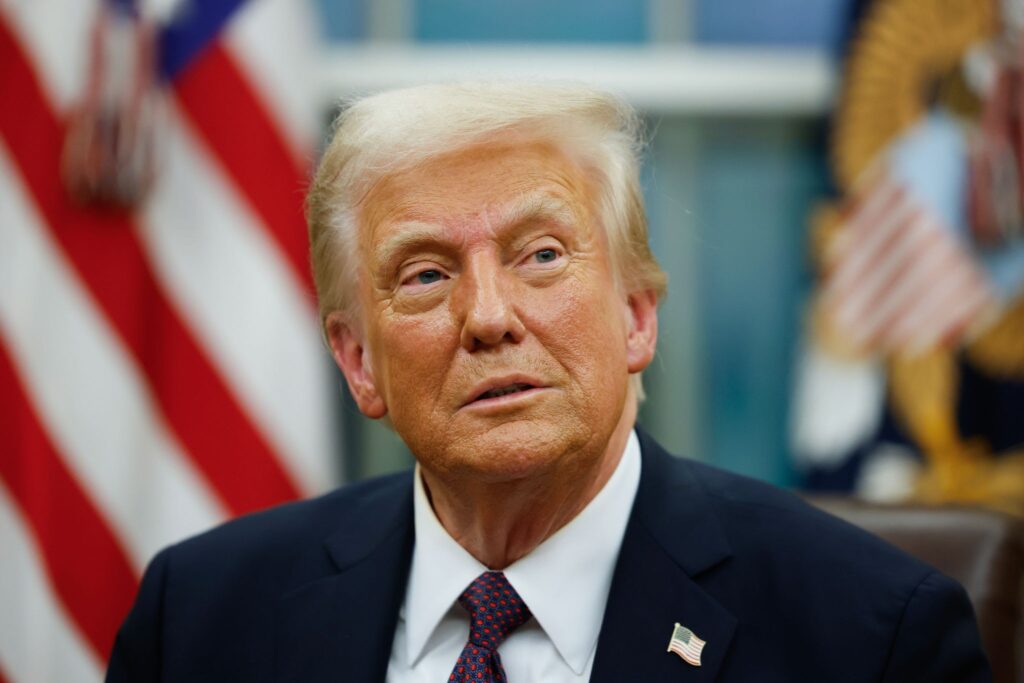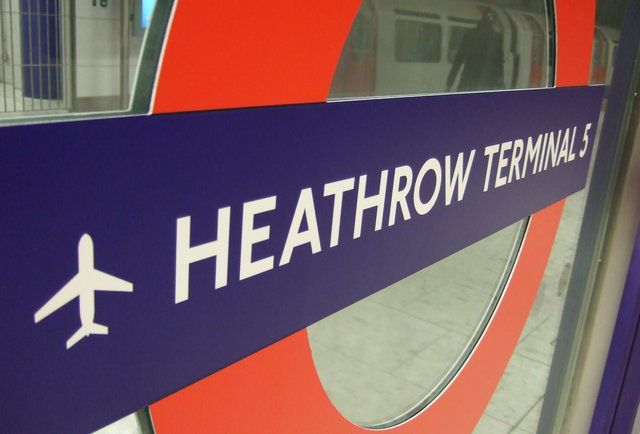Introduction: A New Trade Shockwave
In a bold economic move, former U.S. President Donald Trump has announced sweeping reciprocal tariffs that have sent ripples across global trade. India, Israel, and Vietnam are among the countries scrambling to renegotiate trade terms with the U.S. after Trump Tariff unveiled a new global tariff structure. Dubbed “Liberation Day,” the April 3 announcement at the White House revealed aggressive import levies, including a 26%Trump Tariff on Indian goods. Nations impacted by the decision are rushing to avoid long-term trade fallout, hoping to strike tailor-made agreements with the Trump administration before the tariffs go into effect on May 3.
The move has not only alarmed global markets but also placed immense pressure on affected nations to protect their export industries. India, a key U.S. trading partner, is pushing hard for tariff exemptions, while Vietnam and Israel are offering their own deals in exchange for relief. Here’s how the situation is unfolding globally.
Trump Declares Tariff War: Key Announcements
Rose Garden Event and “Liberation Day”
On April 3, Trump Tariff stood in the White House Rose Garden, unveiling his new global tariff policy with a chart of new levies. India, Israel, Vietnam, Cambodia, and Indonesia were hit with significant duties.
- India: 26% tariff (down from its own 52% tariff on U.S. goods)
- Vietnam: 46% tariff
- Israel: 17% tariff
- Cambodia: 49% (highest in Asia)
- Indonesia: 32%

Trump emphasized the need for fairness, stating, “India—very, very tough… you’re not treating us right.”
This move is part of Trump’s push to implement a reciprocal tariff structure, where the U.S. matches or balances the duties imposed on its exports by other countries. The move may be politically popular in the U.S., but it has sent economic shockwaves across trading partners.
India’s Response: Quiet But Strategic

Behind-the-Scenes Diplomacy
India has already started negotiations to soften the blow. As per THE report, the government is working on a deal where it could reduce tariffs on certain U.S. agricultural products like almonds and pistachios.
Key Points:
- Talks led by U.S. Assistant Trade Representative Brendan Lynch
- Discussions took place in Delhi from March 24-29
- India seeks relief on auto parts and pharmaceutical exports
Despite this, Trump imposed the 26% Trump Tariff just days after the meetings. India is taking a pragmatic approach, engaging through diplomatic back channels and focusing on a negotiated list of concessions.
India currently exports goods worth $91 billion annually to the U.S., making the American market crucial for Indian manufacturers. A hike in Trump Tariff could severely impact industries like pharmaceuticals, auto parts, and textiles.
Vietnam and Israel Join the Table
Vietnam: Quick and Calculated
Vietnam reacted swiftly, cutting tariffs on U.S. goods and offering goodwill gestures. President To Lam spoke to Trump and reportedly agreed to slash tariffs to zero in return for a new trade pact.
Vietnam’s strategy reflects its dependence on U.S. markets and its desire to avoid retaliatory measures. The nation is positioning itself as cooperative and flexible to maintain export stability.
Israel: Diplomatic but Pressured
According to a Reuters report, Israeli Prime Minister Netanyahu discussed the issue with U.S. Secretary of State Marco Rubio. Talks continue over a potential exemption for key exports.
Israel’s relationship with the U.S. is close, but economic pressures are building as new tariffs could affect high-tech exports and defense-related components.
Recent news
₹2.09 Lakh Cr Defence Push: Modi Govt Clears 26 Rafale-Ms, 3 Subs
Top 5 Reactions to Piyush Goyal’s ‘Dukaandari’ Comment on Indian Startups
Broader Diplomatic Moves in Southeast Asia
Other nations hit by Trump Tariff are choosing diplomacy over retaliation:
- Cambodia: Plans to reduce duties on U.S. goods
- Indonesia: Sending a delegation to Washington
- Singapore: Ruled out retaliation altogether
Market Fallout: Wall Street Reacts
The announcement triggered major financial panic:
- S&P 500: Lost $5.4 trillion in value in two days
- Nasdaq 100: Fell 6.1%, entering a bear market
- Tech Stocks: Nvidia, Apple fell over 7%; Tesla dropped 10%
Fed Chair Jerome Powell warned the Trump Tariff could drive persistent inflation, worsening market fears. Investors fled from risk assets, leading to one of the worst two-day performances on Wall Street since 2020.
The fear of rising inflation, higher production costs, and disrupted supply chains is sending tremors across global financial markets. Economists predict increased volatility in the weeks leading up to the May 3 tariff deadline.
Conclusion: The Clock is Ticking
With the new Trump Tariff set to go live on May 3, India, Vietnam, and Israel are racing against time. Trump’s openness to “bespoke” trade agreements provides a narrow window for these countries to secure exemptions or relief. For India, which exports $91 billion worth of goods to the U.S., maintaining trade flow is crucial. As global tensions rise and inflation fears deepen, how these negotiations play out will shape the future of U.S. trade relations.
One thing is clear: diplomacy and speed are now paramount. Whether these nations can turn looming trade threats into negotiated solutions will determine not only bilateral relations but also the broader direction of international trade in a protectionist era.





One thought on “Trump Tariff Shake Global Trade: India, Israel & Vietnam React 5”